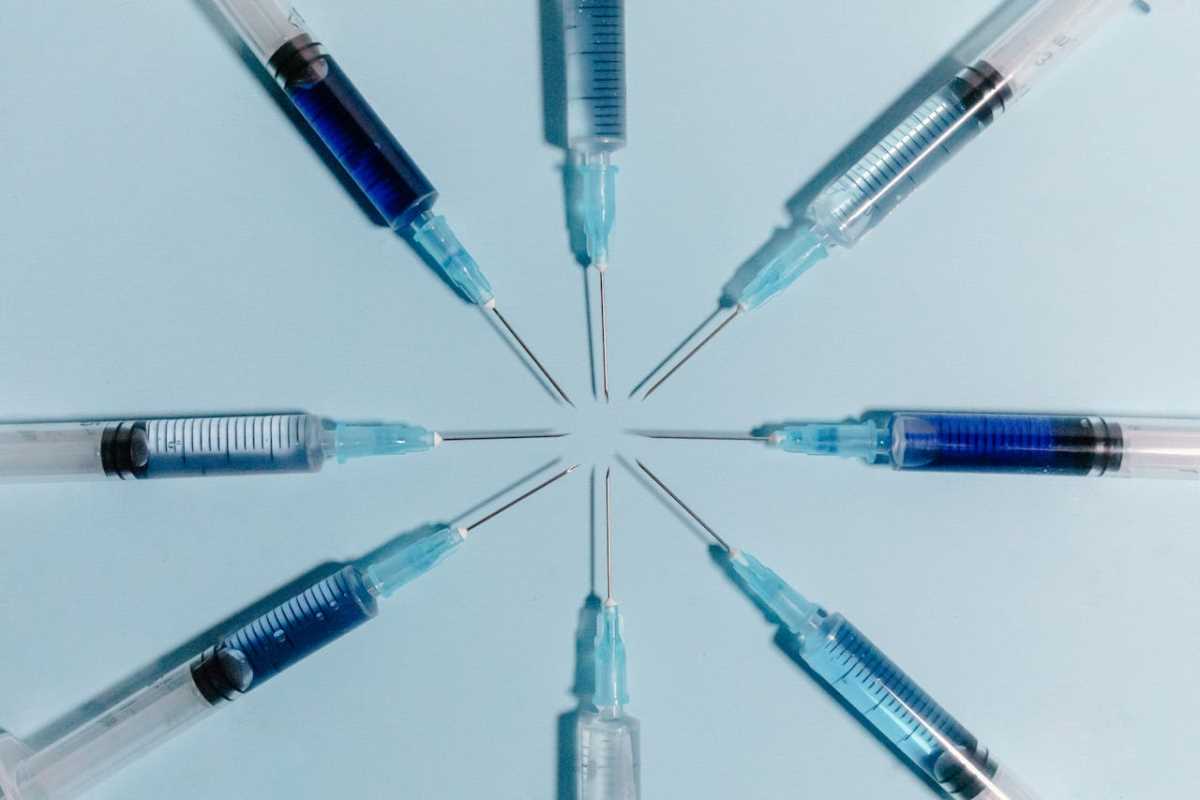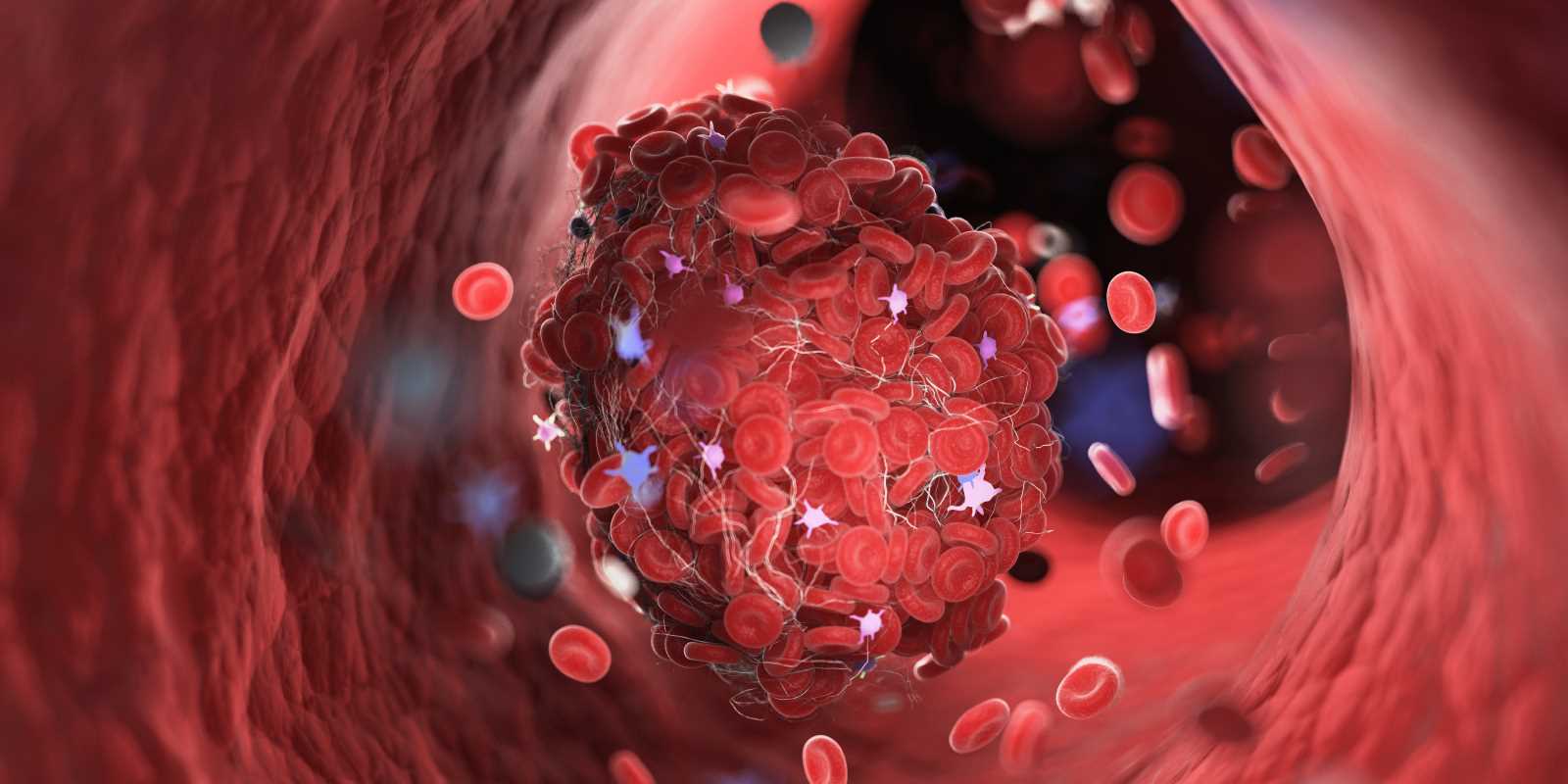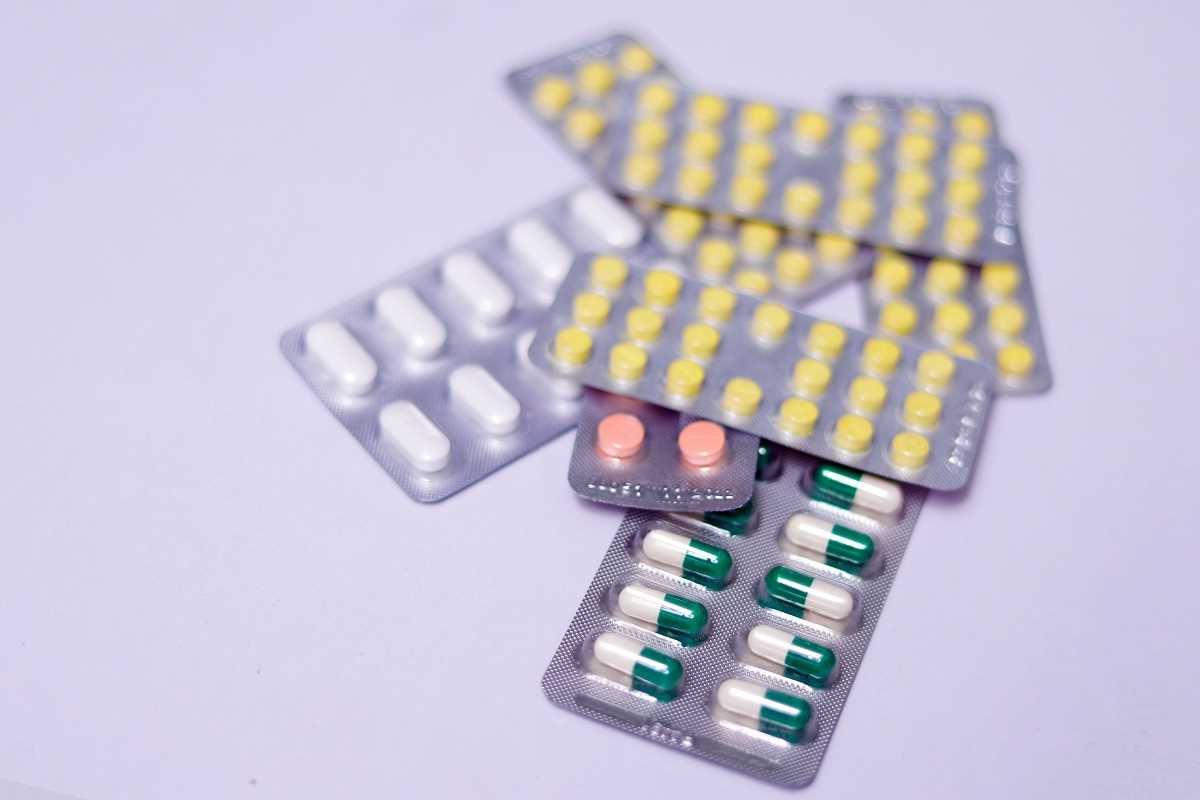High cholesterol affects millions of people, particularly those in their 40s, 50s, and beyond. Despite following heart-healthy diets and taking traditional medications like statins, many still struggle to reach their cholesterol targets. Enter PCSK9 inhibitors—a revolutionary class of medications that's changing the game for cholesterol management. These innovative treatments offer hope for people who haven't achieved adequate results with conventional approaches.
Understanding how PCSK9 inhibitors work and who might benefit from them can help you have more informed conversations with your healthcare provider. These medications represent a significant advancement in cardiovascular care, offering dramatic cholesterol reductions that were previously difficult to achieve.
What Are PCSK9 Inhibitors and How Do They Work?
PCSK9 inhibitors work through an entirely different mechanism than traditional cholesterol medications. To understand their effectiveness, you need to know about a protein called PCSK9 (proprotein convertase subtilisin/kexin type 9) that your liver naturally produces.
This protein acts like a cellular recycling manager, breaking down LDL receptors on liver cells. These receptors are crucial because they pull LDL cholesterol—the "bad" cholesterol—out of your bloodstream. When PCSK9 destroys these receptors, your liver becomes less efficient at removing cholesterol from your blood.
PCSK9 inhibitors block this destructive protein, allowing more LDL receptors to remain active and functional. The result is dramatically improved cholesterol removal from your bloodstream. Think of it as removing the obstacles that prevent your liver's natural cholesterol-cleaning system from working at full capacity.
Currently available PCSK9 inhibitors include evolocumab (Repatha) and alirocumab (Praluent). Both are administered through subcutaneous injections, typically every two weeks or monthly, depending on your specific treatment plan.
Remarkable Cholesterol-Lowering Benefits
The cholesterol reductions achieved with PCSK9 inhibitors are truly impressive. Clinical studies consistently show LDL cholesterol reductions of 50-60% when used alone, and up to 75% when combined with statins. These dramatic improvements translate into significant cardiovascular protection.
Cardiovascular Event Reduction: Large-scale trials demonstrate that PCSK9 inhibitors reduce the risk of heart attacks, strokes, and other cardiovascular events by approximately 15-20%. This benefit becomes particularly meaningful for people at high risk of heart disease.
Flexibility in Treatment: These medications work effectively whether used alone or in combination with other cholesterol-lowering treatments. This flexibility allows healthcare providers to customize treatment approaches based on individual needs and tolerances.
Sustained Effectiveness: Unlike some medications that lose effectiveness over time, PCSK9 inhibitors maintain their cholesterol-lowering benefits with continued use. Long-term studies show consistent results over multiple years of treatment.
Who Benefits Most from PCSK9 Inhibitors?
PCSK9 inhibitors aren't typically first-line treatments for high cholesterol. Instead, they're most beneficial for specific groups of people who face particular challenges with cholesterol management.
Familial Hypercholesterolemia: People with this genetic condition produce extremely high levels of cholesterol that are difficult to control with diet and traditional medications alone. PCSK9 inhibitors can achieve cholesterol reductions that were previously impossible for this population.
Statin-Intolerant Individuals: Some people experience muscle pain, weakness, or other side effects that prevent them from taking statins effectively. PCSK9 inhibitors offer an alternative pathway to significant cholesterol reduction without the muscle-related side effects associated with statins.
High-Risk Cardiovascular Patients: Individuals with established heart disease, diabetes, or multiple cardiovascular risk factors who haven't achieved adequate cholesterol control with maximum tolerated statin therapy often benefit significantly from adding PCSK9 inhibitors to their treatment regimen.
Inadequate Response to Standard Therapy: People whose cholesterol remains elevated despite optimal lifestyle changes and traditional medications may find PCSK9 inhibitors provide the additional cholesterol reduction needed to reach target levels.
Comparing PCSK9 Inhibitors to Traditional Treatments
Understanding how PCSK9 inhibitors compare to statins and other cholesterol medications helps put their role in perspective.
Effectiveness Comparison: While statins typically reduce LDL cholesterol by 25-50%, PCSK9 inhibitors achieve reductions of 50-60% or more. When used together, the combination can achieve total LDL reductions exceeding 80%.
Mechanism Differences: Statins work by blocking cholesterol production in your liver, while PCSK9 inhibitors enhance your liver's ability to remove cholesterol from your bloodstream. These complementary mechanisms explain why combining them produces synergistic effects.
Administration Methods: Statins come as daily oral medications, while PCSK9 inhibitors require subcutaneous injections every two weeks or monthly. Some people prefer the convenience of daily pills, while others appreciate the less frequent dosing schedule of injections.
Side Effect Profiles: The side effect profiles differ significantly between these medication classes, offering options for people who cannot tolerate one approach or the other.
Potential Side Effects and Considerations
PCSK9 inhibitors generally have favorable safety profiles, but understanding potential side effects helps you make informed treatment decisions.
Common Side Effects: The most frequently reported side effects include injection site reactions such as redness, swelling, or mild pain. These reactions are typically minor and resolve within a few days.
Flu-like Symptoms: Some people experience mild flu-like symptoms, particularly when first starting treatment. These symptoms often diminish with continued use as your body adjusts to the medication.
Rare but Serious Concerns: Long-term studies continue monitoring for potential rare side effects. Current data shows no significant safety concerns with extended use, but ongoing research provides additional reassurance about long-term safety.
Cost Considerations: PCSK9 inhibitors carry higher price tags than generic statins. Insurance coverage, however, has expanded as clinical evidence demonstrates their cardiovascular benefits, and patient assistance programs are available for qualifying individuals.
 (Image via
(Image via.jpg)





